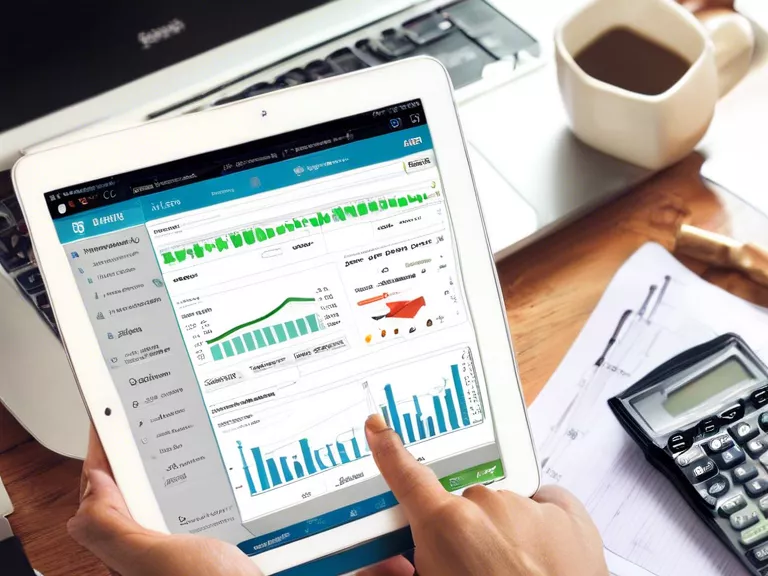
Accounting software can be a powerful tool for managing both personal and business finances. By organizing your income, expenses, and financial data in one place, you can gain valuable insights into your financial health and make informed decisions about your money. Whether you're a small business owner or just trying to track your personal spending, accounting software can streamline your financial management processes. In this article, we will discuss how to effectively use accounting software to manage your personal and business finances.
Choose the right accounting software: The first step in using accounting software effectively is to choose the right tool for your needs. Consider factors like your budget, the complexity of your financial transactions, and any specific features you require. Popular accounting software options include QuickBooks, Xero, and FreshBooks.
Set up your accounts: Once you've selected your accounting software, it's time to set up your accounts. This involves entering your financial data, such as bank account information, income sources, and expense categories. Make sure to keep your accounts organized and up to date to ensure accurate financial tracking.
Track your income and expenses: Accounting software allows you to easily track your income and expenses in one place. Once you've set up your accounts, regularly input your financial transactions to keep a clear record of your money flow. This will help you monitor your cash flow, identify spending patterns, and track your financial goals.
Generate financial reports: Accounting software can generate various financial reports, such as income statements, balance sheets, and cash flow statements. These reports provide valuable insights into your financial performance and help you make informed decisions about your money. Regularly review these reports to monitor your financial health and identify areas for improvement.
Utilize automation features: Many accounting software tools offer automation features, such as invoice reminders, expense categorization, and bank reconciliation. Take advantage of these features to save time on manual tasks and streamline your financial management processes. Automation can help reduce errors, improve efficiency, and keep your financial data accurate.
By following these tips, you can effectively use accounting software to manage your personal and business finances. Stay organized, track your income and expenses, generate financial reports, and leverage automation features to streamline your financial management processes. With the right accounting software and practices in place, you can gain control over your finances and make better financial decisions.



